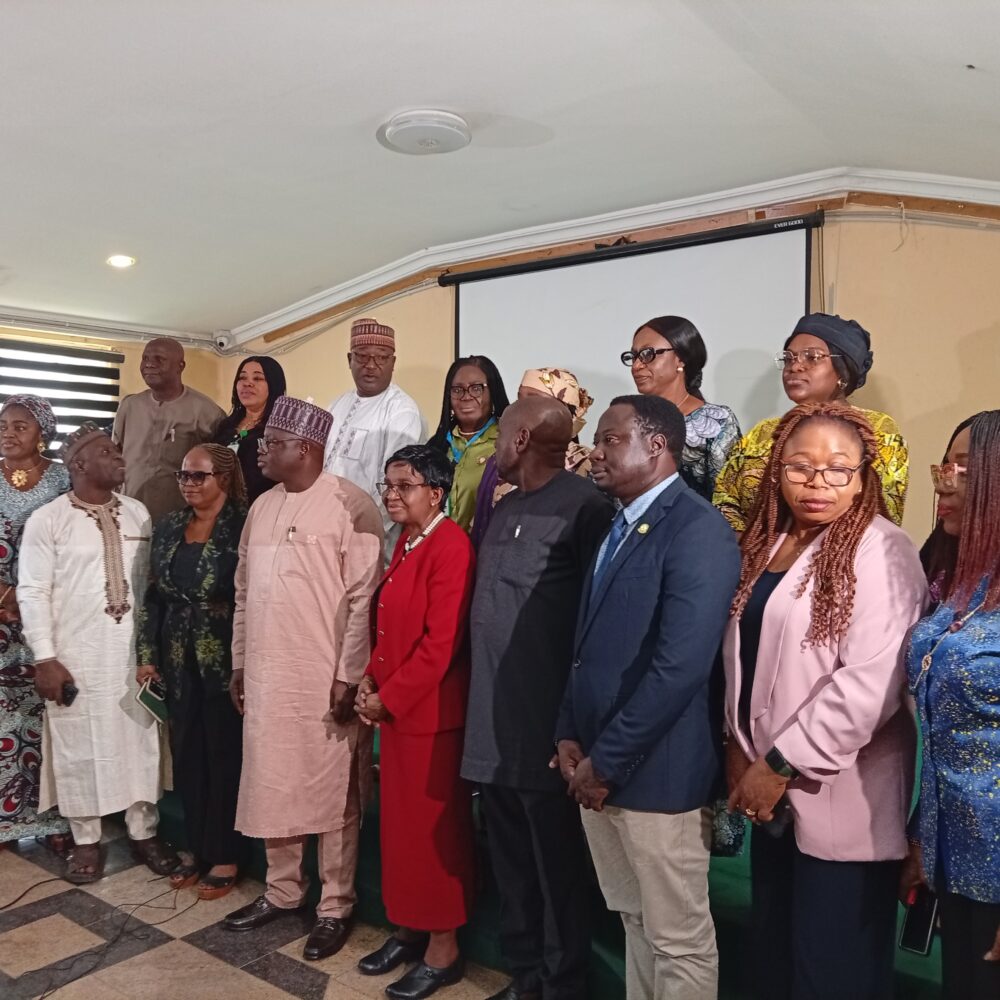Senate President, Ahmad Lawan has said that the 9th Senate would ensure the elimination of quacks in the survey profession.
Receiving a delegation of Surveyors Council of Nigeria (SURCON), who paid him a courtesy visit today in Abuja, Lawan said the Senate would provide legislative support in repositioning the profession, noted that, allowing quacks to dominate the profession could plunged communities into crises with one another.
A statement by his Special Assistant on Media and Publicity, quoted the Senate President saying, “the Senate will make huge difference in this regard, and we call on you all to be part of this improvement.
“Your request for the amendment of the Surveyor Council of Nigeria Act by provision of its establishment Act, Cap S.18 LFN 2004 (Decree no. 44 of 1989 is a welcome idea
“You can submit the Bill for the amendment and I guarantee you, it will receive speedy consideration.
“We have to regulate the practice of surveying, we must ensure that quacks are thrown out of this profession and tackle the issue of shortage in the numbers of surveyors in Nigeria.
“The Result of this shortage is poor mapping and its attendant consequences of boundary conflicts, insecurity and stunted economic derivation from land.
“Review of this Act is very important particularly at this period of our history. The Senate will do all within its powers to make sure professionalism is not compromise here,” Lawan stressed.
He further commended the Council for instituting an award,Distinguished Senator Ahmed Ibrahim Lawan Award for Development of Surveying and Geoinformatics Profession in Nigeria, in his honour, and promised to physically attend SURCON 2020 induction ceremony.
In his remarks, the leader of the delegation, Femi Kasim lamented the shortage of surveyors in Nigeria, saying that from 1960 to date Nigeria has only 3999 registered surveyors.
According to Kasim, “ideally every kilometer square of land needs a surveyor, but for Nigeria it is one surveyor for more than every 231 kilometer and one surveyor for every 50,000 Nigerians”.





